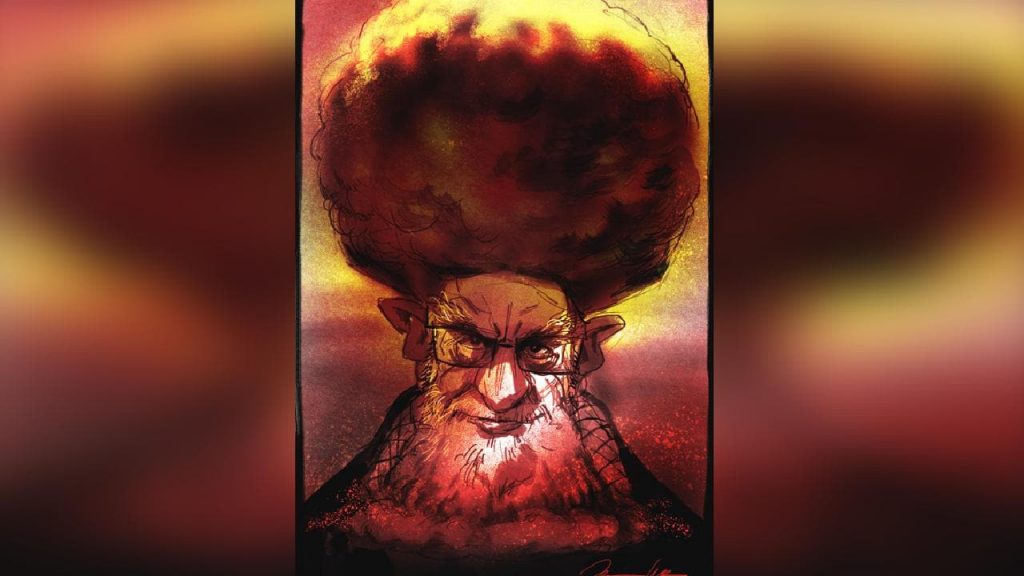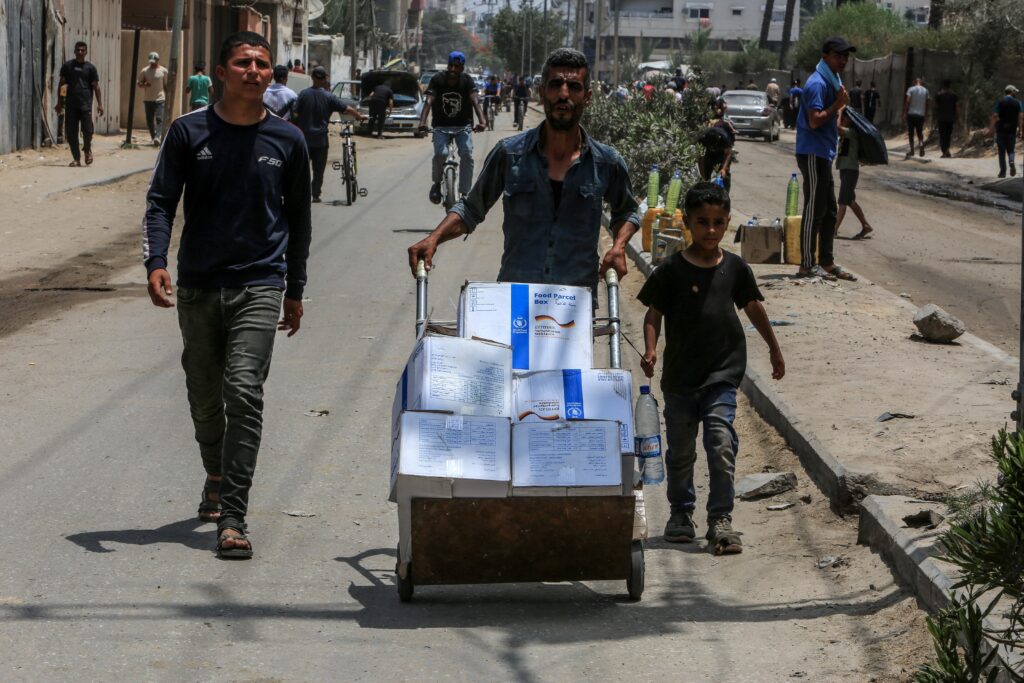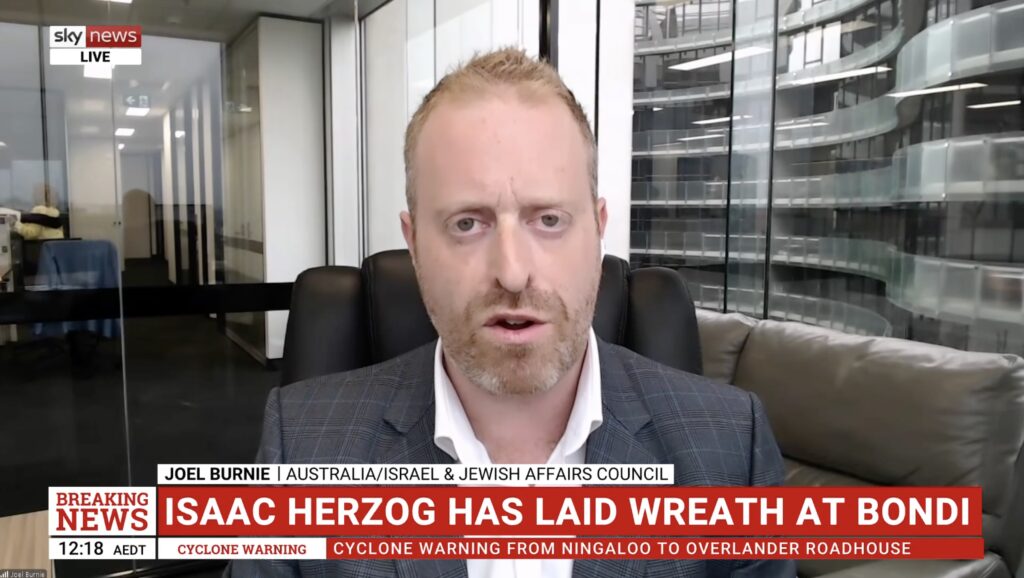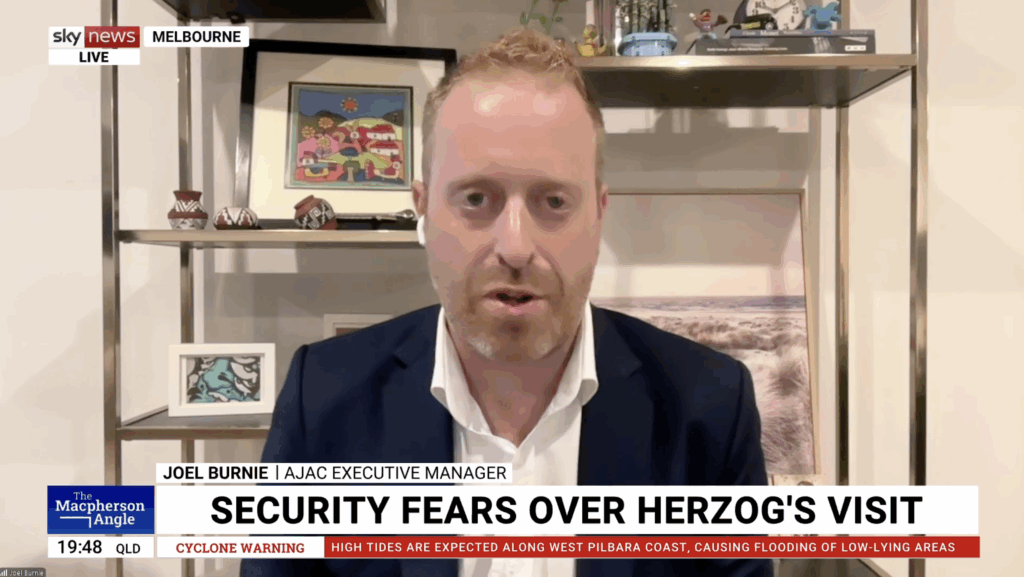IN THE MEDIA
Iran lied, of course, and remains a nuclear threat
July 9, 2019 | Ran Porat

This article by regular Australia/Israel Review contributor Dr Ran Porat first appeared in The Australian on July 9 2019.
Tehran’s recent announcements that it has stockpiled more than 300kg of enriched uranium, and that it plans to enrich uranium to a 5 per cent level — thus breaching the 2015 nuclear deal, the Joint Comprehensive Plan of Action — are hardly a surprise.
Supporters of the deal blame the move on Donald Trump’s decision last year to withdraw from the agreement and resume biting economic sanctions on Iran. This was a big mistake by the US President, they claim, because it increased tensions in the Persian Gulf and the JCPOA was working, successfully containing the nuclear threat from Iran.
The truth is completely different. We now know the Islamic Republic never fully kept its part of the deal. Worse, the JCPOA failed to meet its main goal — to stop, or significantly delay, Iran’s “breakout time” towards an atomic bomb at a time of the choosing of Iran’s ruling ayatollahs.
These are the conclusions emerging from the ongoing analyses of the goldmine of hundreds of thousands of documents, daringly stolen from Tehran by the Israeli intelligence, early last year. This was Iran’s secret archive, containing all the documentary materials from its project to build an atomic bomb.
Leading scientists and experts — including from Harvard University’s Belfer Centre for Science and International Affairs and former International Atomic Energy Agency deputy director general Olli Heinonen — were recently given access to many of these documents. Their reports lead to several key conclusions.
First, the archive itself is a direct violation of the JCPOA. In the preface for the agreement, Iran promises “that under no circumstances” will it “seek, develop or acquire any nuclear weapons”. Tehran further promised to “fully implement the ‘Roadmap for Clarification of Past and Present Outstanding Issues’ agreed with the IAEA”, which required Iran to disclose all past military nuclear activity.
Hiding their military nuclear documents from the IAEA, as Iran did immediately following the agreement, not only violated this requirement but also can serve no purpose other than to conceal the forbidden recipe for an atomic bomb the ayatollahs promised to forswear forever.
Found in the archive were nuclear warhead designs and vital knowledge on production of fissile material and relevant equipment — which all remained in Iranian hands.
This is a violation not only of the JCPOA but also of the cornerstone of international arms control law, the Treaty on the Non-Proliferation of Nuclear Weapons to which Iran is a long-time signatory. The archive reveals in detail how until late 2003 Iran was building five atomic bombs in the state-sanctioned secret AMAD project, and was much more advanced than the IAEA or Western intelligence had realised. This project was directly managed by Iran’s leadership, including today’s President Hassan Rouhani and Supreme Leader Ali Khamenei.
The JCPOA enabled Iran to keep all existing infrastructure and facilities relevant for nuclear weapons production, although in some cases with limited capacity. Additional facilities (uranium mines in Saghand, a uranium processing factory at Ardakan, for example) became operational after the JCPOA, while new ones (heavy water reactors, enrichment plants) are planned for completion by 2025.
The archive contains indications that, in these allegedly civil facilities, work on the bomb continues, as well as possibly in secret locations. Seventy per cent of AMAD project personnel moved to the Organisation of Defensive Innovation and Research, headed by Mohsen Fakhrizadeh, former head of AMAD. Fakhrizadeh gave the order to continue secretly working on the weapon-related projects — a clear violation of the JCPOA.
The JCPOA monitoring regime is intrusive regarding known sites and activities. Yet it is far from complete, since it does not reflect the intelligence discovered in the archive.
The archive contains numerous revelations about relevant people, equipment, sites and processes yet to be investigated. However, in the lead-up to finalising the JCPOA, the IAEA was pressured into declaring closed the file on the “Past Military Dimensions” of Iran’s nuclear program, meaning it was not to be investigated further.
This is exactly what must be probed, given the new evidence that has come to light.
Ballistic and cruise missiles development also is not monitored, as well as almost all of the key elements, materials and equipment needed to produce uranium enrichment centrifuges. Iran can now produce advanced IR-6 uranium centrifuges, which can speed up enrichment dramatically.
Heinonen, after sifting through the archive documents, recently delivered a scathing warning: under the JCPOA Iran might need as little as six months to produce enough fissile material for at least one nuclear device (perhaps three months to restart full-scale enrichment and a few weeks for production of nuclear warheads).
Enriching to 5 per cent, Heinonen explained later, would further reduce this breakout time towards a bomb by an additional two months.
The Trump administration is applying maximum pressure on Tehran to force it to renegotiate. The revised agreement must address the abundance of new information from the archive — and Iran must be required to fully and verifiably come clean about its current and past nuclear weapons program, knowledge and activities.
Scott Morrison’s recent decision to back the US policy is not a case of blindly following Washington.
It is simply the right and vital step to take to ensure international security, given that it is clear the JCPOA has failed in its primary goal and Iran remains in breach of the deal.





